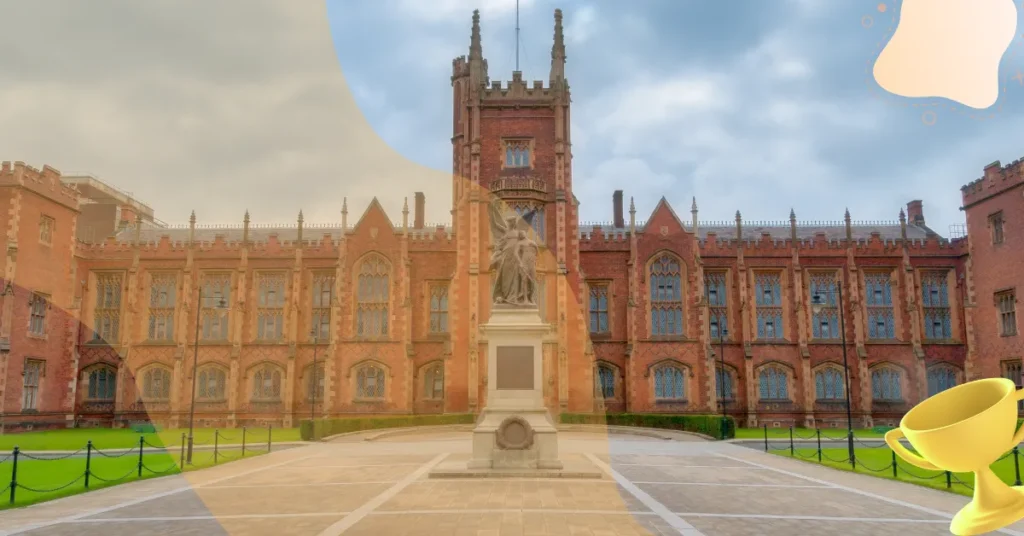Yale University, one of the United States’ most prestigious and historic institutions of higher education, is renowned for its rigorous academic programs, influential research, and vibrant campus life.
Located in New Haven, Connecticut, Yale has a rich history and continues to make significant contributions across various fields.
This blog post explores the history of Yale University, its current status as a leading educational institution, and frequently asked questions about this esteemed university.
History of Yale University
Founding and Early Years
Yale University was founded in 1701 as the Collegiate School in Saybrook, Connecticut, by a group of Congregationalist ministers seeking to establish a college to train clergy and political leaders.
In 1716, the school moved to New Haven, and in 1718, it was renamed Yale College in honour of Elihu Yale, a benefactor who made a substantial donation to the institution.
18th and 19th Century Expansion
Throughout the 18th and 19th centuries, Yale expanded its curriculum and facilities, gradually transforming from a small college into a comprehensive university.
The establishment of the Yale Medical School in 1810, the Divinity School in 1822, and the Law School in 1824 marked significant milestones in its development.
By the end of the 19th century, Yale had also established graduate and undergraduate programs in various fields of study.
Recommended Reading
- Finance & Insurance HUB
- The Best Health Insurance in the USA: A Complete Guide
- Comprehensive Insurance for 4-Wheelers: A Complete Guide
- How to Purchase Insurance: A Comprehensive Guide
- How to Purchase Health Insurance and Where to Buy It
- Understanding the Health Insurance Marketplace: A Comprehensive Guide
- Loan Against Property: A Comprehensive Guide
20th Century Growth and Development
The 20th century saw Yale University grow exponentially in size, reputation, and academic prowess.
The establishment of the School of Music in 1894, the School of Forestry & Environmental Studies in 1900, and the School of Nursing in 1923 expanded Yale’s academic offerings.
Yale also became a leader in research, with significant contributions in science, humanities, and social sciences.
The university’s commitment to interdisciplinary studies and global engagement further solidified its status as a top-tier institution.
Modern Era
Today, Yale University is composed of fourteen schools, including Yale College (the undergraduate school), the Graduate School of Arts and Sciences, and twelve professional schools.
Yale offers a wide range of undergraduate, graduate, and professional programs across various fields, including the humanities, social sciences, natural sciences, and engineering.
Present Scenario

Academic Excellence
Yale University consistently ranks among the top universities globally. It is renowned for its rigorous academic programs, distinguished faculty, and strong emphasis on liberal arts education.
Yale’s curriculum is designed to foster critical thinking, creativity, and intellectual exploration, preparing students for successful careers in diverse fields.
Research and Innovation
Research at Yale spans a wide array of disciplines, from biomedical research and public health to law and humanities.
The university is home to numerous research centres and institutes, including the Yale Center for Clinical Investigation, the Whitney Humanities Center, and the Yale Institute for Global Health.
Yale’s research output is substantial, with numerous patents, publications, and innovations emerging each year.
Campus and Facilities
Yale’s campus in New Haven, Connecticut, is a blend of historic and modern architecture, featuring state-of-the-art laboratories, libraries, and recreational facilities.
Notable landmarks include the Sterling Memorial Library, the Yale University Art Gallery, and the iconic Harkness Tower.
The campus also boasts extensive athletic facilities, supporting its strong tradition of varsity sports.
Entrepreneurship and Industry Collaboration
Yale has a vibrant entrepreneurial ecosystem, supported by initiatives such as the Yale Entrepreneurial Institute and the Yale Center for Biomedical Innovation and Technology.
These programs provide resources, mentorship, and funding opportunities for students and faculty interested in launching startups.
Yale’s connections with industry and its strategic location in the Northeast also facilitate numerous collaborative projects and internships.
Global Impact
Yale University’s influence extends beyond the United States, with numerous international collaborations and partnerships.
The university’s alumni network includes leaders in various fields, from government and business to academia and the arts, contributing to its global impact.
Frequently Asked Questions (FAQs)
What is Yale known for?
How hard is it to get into Yale?
What is the student-to-faculty ratio at Yale?
What are the key research areas at Yale?
Does Yale offer financial aid?
What is the campus life like at Yale?
How does Yale support entrepreneurship?
What are some notable alumni of Yale?
Conclusion
Yale University stands as a beacon of academic excellence, research innovation, and vibrant campus life.
From its founding in the early 18th century to its current status as a global leader in higher education, Yale has continually pushed the boundaries of knowledge and innovation.
With a commitment to fostering intellectual growth, social impact, and global engagement, Yale University remains at the forefront of higher education.
Whether you’re a prospective student, a researcher, or an admirer of groundbreaking achievements, Yale’s story is one of inspiration and aspiration.